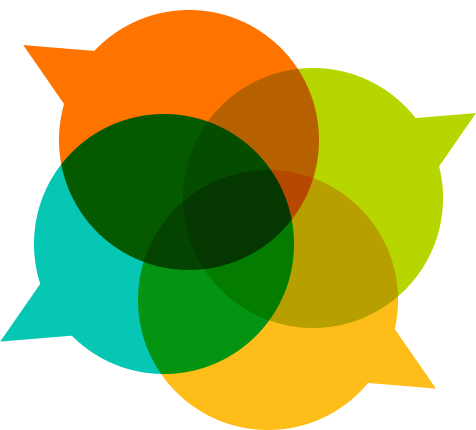Great piece by Taskeen Adams. I had never heard the term digital colonialism before I heard of Taskeen’s work.
Thanks for sharing @Nico_Koenig. Decolonizing education is a hot topic here in South Africa.
I’ve always felt that learning circles offers an opportunity for learners to contextualize course content. I wonder how that happens on the ground though? What are things you can do during a learning circle to help learners ‘decolonize’ the course they’re taking?
@dirk it’s a big topic here in Canada too! I think, broadly, supporting groups to work together to understand what is most important to them, and to contextualize it for themselves is a massive step towards a decolonizing approach, but there are still many more layers to consider:
The content itself - what does it say, who says it, what is deemed important and what is not mentioned, what are the goals and who created these goals in the first place; the pedagogy - does it challenge or present itself differently from dominant or top-down (or some might say colonial) form of instruction or learning; also the medium too is worth considering - does it come from someone who is part of your community in a word, or book, computer, screen, or internet that is dependent on another state, and who owns and profits from these mediums?
Another layer that I’ve thought about is who validates education. You might do all you can to create an awesome contextualized education experience that is ground up, rooted in indigenous knowledge, meaningful and useful to you and your community that you are apart of - but say you still have to pay a large organization to gain that knowledge, then you have to complete a multiple choice exam and get a grade at the end of it that tells you if you passed or failed. I feel like Canadian Universities are using language like decolonizing education, but they miss the bigger picture and focus instead on offering “alternative” content, in history and social sciences for example.
